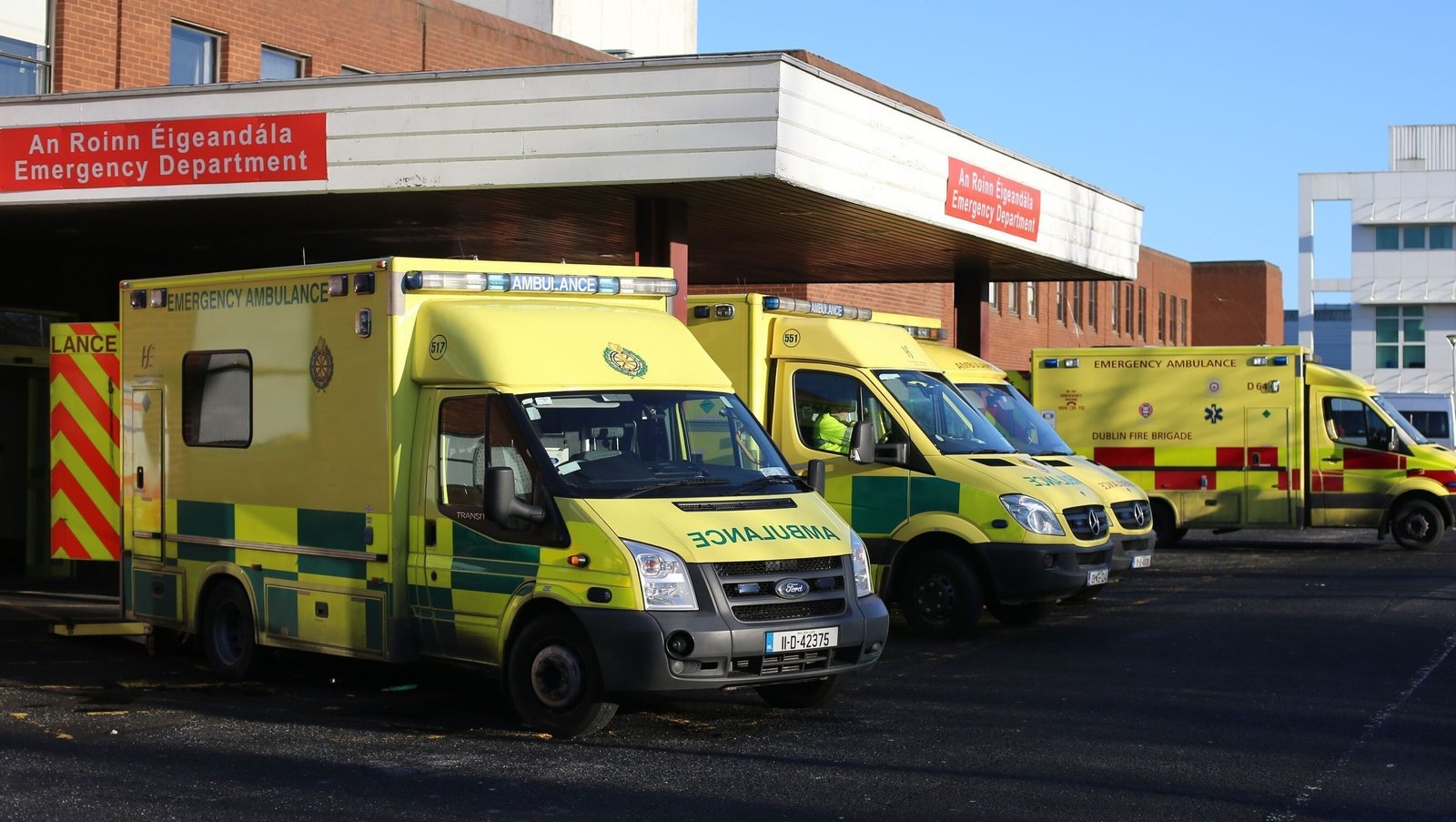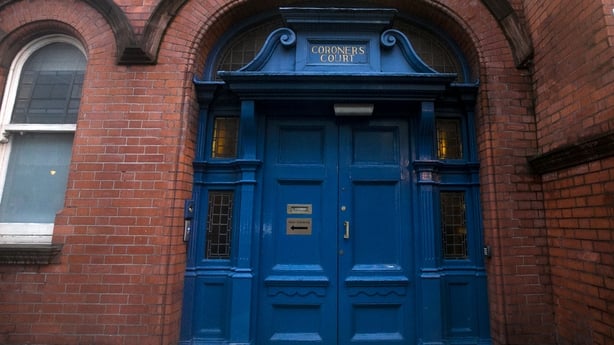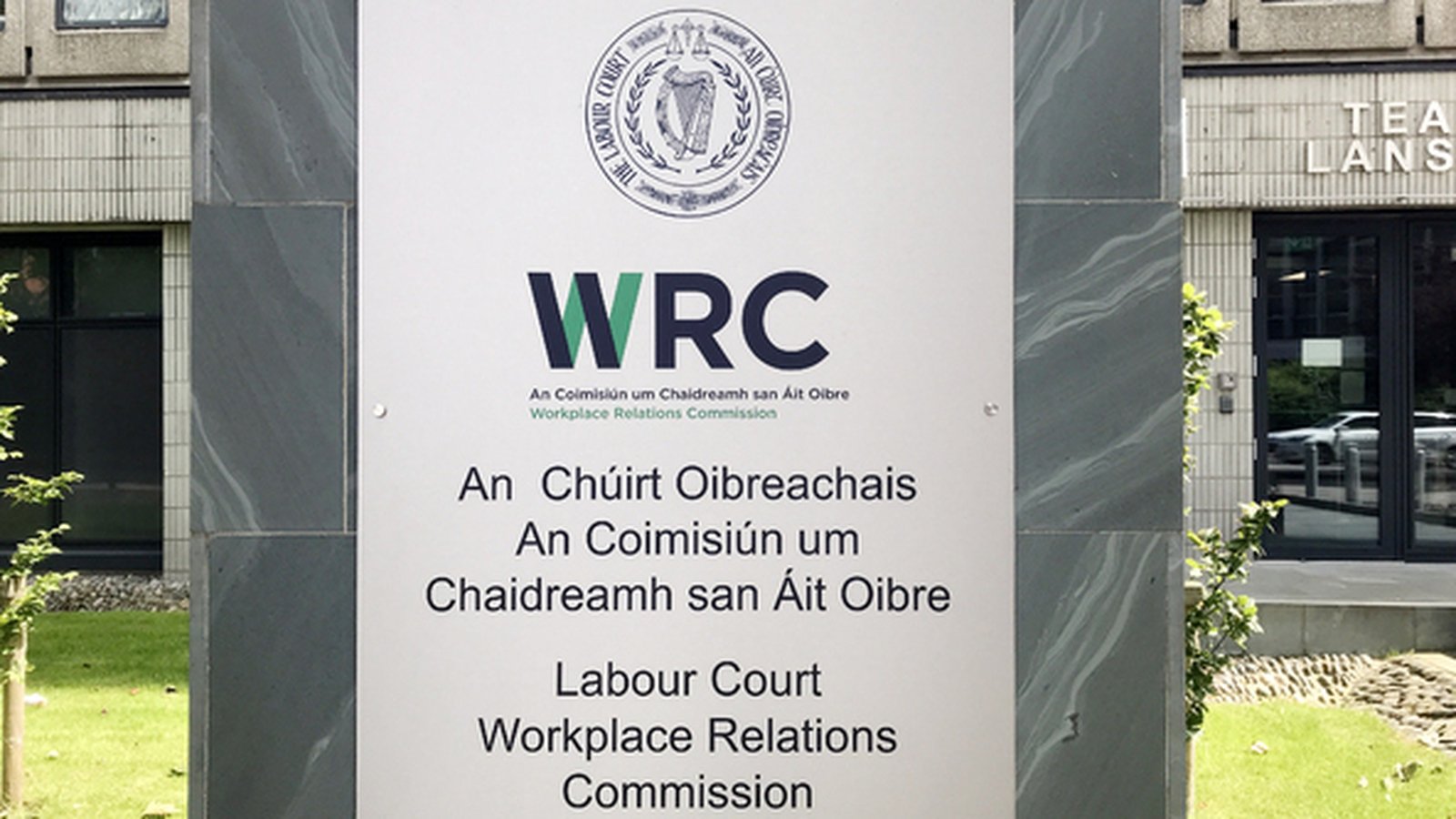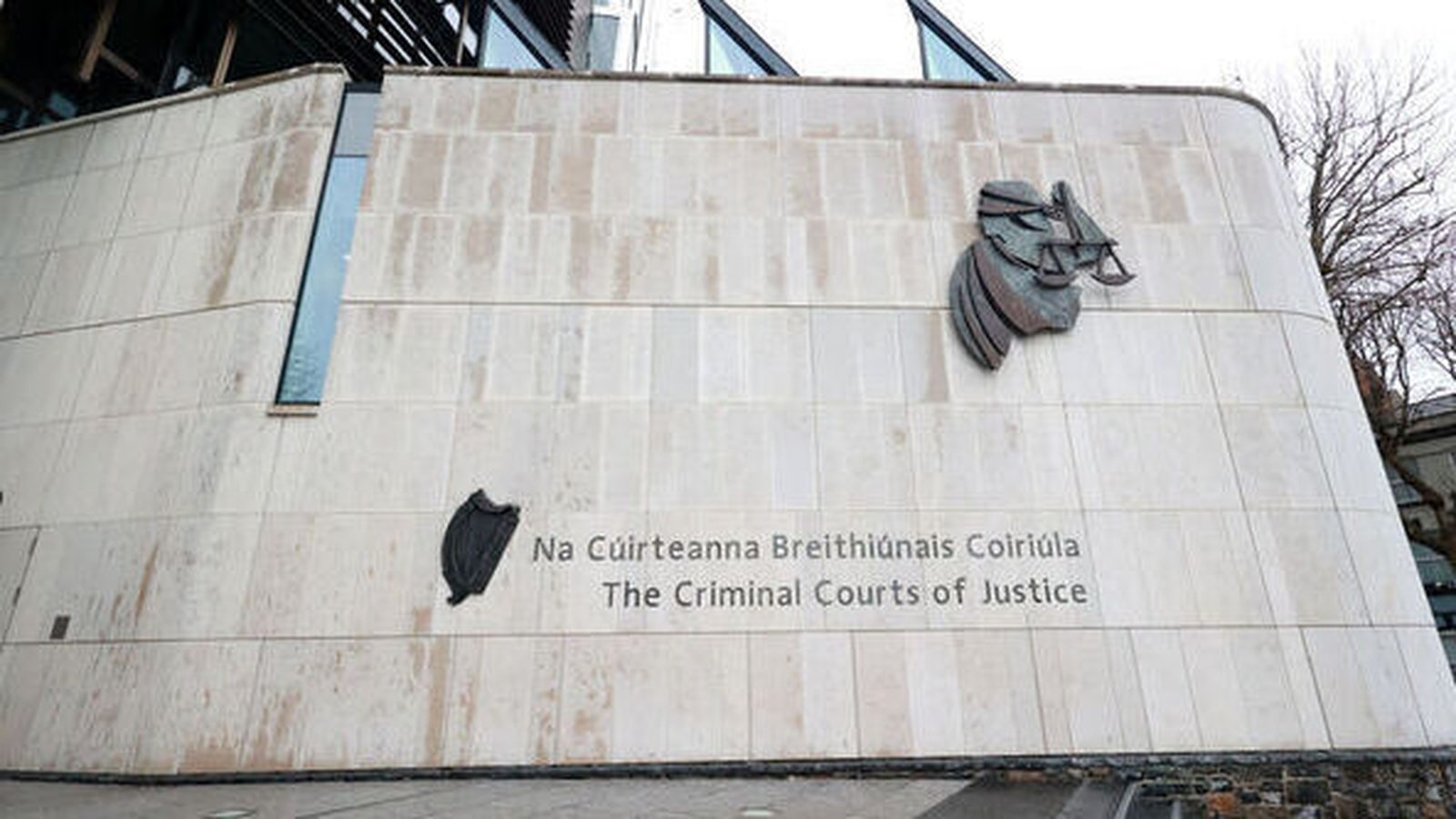Woman died days after discharge from hospital

A verdict of medical misadventure has been recorded at the inquest into the death of a young Dublin woman who collapsed at home with a pulmonary embolism, three days after she had been discharged from a hospital where she was diagnosed as only suffering from a panic attack.
Katie Doyle (27), a recruitment executive from Kelly Park, Lusk, Co Dublin, died at Beaumont Hospital on 4 January 2021, from clots on blood vessels in her lungs.
An inquest at Dublin District Coroner’s Court heard that she had attended the hospital’s emergency department four days earlier on New Year’s Eve with complaints of heart palpitations and a shortness of breath, but had been discharged on the same date after a doctor believed her symptoms were caused by panic attack.
Explaining her verdict, coroner Clare Keane said that the hospital’s protocol of carrying out a certain type of blood test on patients suspected of possibly having a pulmonary embolism had not been followed in Ms Doyle’s case.
The deceased’s mother, Susan Doyle, told the hearing that her daughter had enjoyed good health and had no history of ever suffering panic attacks.
Ms Doyle said that Katie had complained on New Year’s Eve that she had heart palpitations and difficulty breathing, and that she had been referred to Beaumont Hospital after visiting her family doctor.
The inquest heard that the deceased had been discharged from the hospital’s emergency department with a bag, which she had been advised to blow into if she experienced a similar event again.
Susan Doyle recalled asking her daughter if she was happy to go home, and outlined how Katie was always happy to follow the advice of doctors.
Ms Doyle told the coroner that it was the first time in her life that her daughter had not followed their tradition of going outside their house to ring in the new year with a cowbell and horn.
“She didn’t do anything. She wasn’t feeling right,” Ms Doyle added.
She then described how she had found Katie collapsed on the floor next to her bed on 3 January, 2021, after hearing a bang coming from her room.
Ms Doyle recalled how the last words her daughter had spoken to her were: “I’m scared.”

The inquest heard that the deceased was showing no signs of life by the time an ambulance crew arrived at her home, and she was pronounced dead the following day in Beaumont Hospital after efforts to resuscitate her had failed.
In reply to questions from her counsel, Liam Bell BL, Ms Doyle said that her daughter had been “very quiet, but a rottweiler”.
“She didn’t have red hair for nothing,” Susan Doyle laughed, adding that Katie was “very loving and very kind”.
Ms Doyle said that her daughter, who had been studying for a master’s degree in human resource management, “wanted to help people in their jobs. She wanted to make a difference”.
Jonathan Oettlé, a senior house officer who had examined Ms Doyle in Beaumont, said that the only sign she had shown of a possible pulmonary embolism was a fast heartbeat.
Dr Oettlé acknowledged that her pulse had been “slightly faster than expected”, but believed that it could be attributed to the “white coat” effect of being examined by a doctor.
He outlined how he had tried unsuccessfully to take an arterial blood sample from her, but had then decided that no further examination was necessary.
Dr Oettlé said that he was happy to discharge the patient on the basis of his clinical examination and her medical history, with the advice that she should return to the hospital if her condition deteriorated.
He told the coroner that he had calculated a score, which had shown that Ms Doyle was classified as being at a low-risk of having a pulmonary embolism.
Dr Oettlé accepted that the hospital’s policy was to carry out a D-Dimer blood test for patients suspected of a pulmonary embolism or deep vein thrombosis.
However, he added that he had had no suspicions of the patient having either of those conditions at the time he had examined her.
“She was comfortable. She looked to me like a well patient, and did not seem to me to have any severe or life-threatening condition,” Dr Oettlé added.
Questioned by Mr Bell, the witness said that he had only concluded that Ms Doyle had suffered a panic attack after he had sought to exclude more dangerous conditions for explaining her shortness of breath.
He agreed that an ECG (electrocardiogram) test had shown that the patient had a possible enlargement of her heart, but said that he had not been concerned about it as it had been “within normal limits”.
Dr Oettlé said that that he had not sought any assistance to take an arterial blood sample from Ms Doyle as there had been no other doctors working in his part of the hospital at the time due to Covid-19 restrictions.
He accepted that an easier venous blood sample could have been used to carry out a D-Dimer test.
Mr Bell reminded the witness that the referral letter from Ms Doyle’s GP had noted that she had experienced an elevated heartbeat for over 24 hours.
Dr Oettlé accepted that a panic attack would generally not be linked to someone who had a fast pulse over such a duration, but he said that her heartbeat had “settled” during the period he had seen her in the hospital.
However, he also acknowledged that it had still remained high.
A consultant in emergency medicine at Beaumont Hospital, Peadar Gilligan, confirmed that the hospital’s protocol was for a D-Dimer test to be performed for patients assessed as being at a low risk of having a pulmonary embolism if a doctor was “clinically concerned.”
Dr Gilligan explained that medical records about Ms Doyle were relatively short because of the volume and nature of work in the hospital’s emergency department as a result of Covid-19 restrictions.
He also claimed that there was “a broad range of possibilities” about what was causing the patient to be unwell.
Solicitor for Beaumont Hospital, Jane O’Neill, informed the inquest that no internal review had been carried out into the circumstances of Ms Doyle’s death.
Ms O’Neill claimed that an appropriate verdict in the case would be death due to natural causes.
However, Mr Bell claimed that a relatively straightforward blood test had not been used on Ms Doyle, which had left her mother bereft by the circumstances of the death of her only child.
Outlining her ruling, the coroner said that the evidence showed that the D-Dimer test, which was part of the hospital’s protocol in cases of suspected pulmonary embolism, had not been conducted.
Dr Keane said that such a test would probably have been positive, and would have led to the patient being sent for a CT (computed tomography) pulmonary angiogram which she branded “the gold standard” method for diagnosing the condition.
Following the verdict, the deceased’s mother turned to the hospital’s representatives and remarked: “For future reference, a blood test please, no matter what you think.”
Her solicitor, Dermot McNamara, said that it was his client’s intention to initiate High Court proceedings against Beaumont Hospital as a result of the inquest’s verdict.





